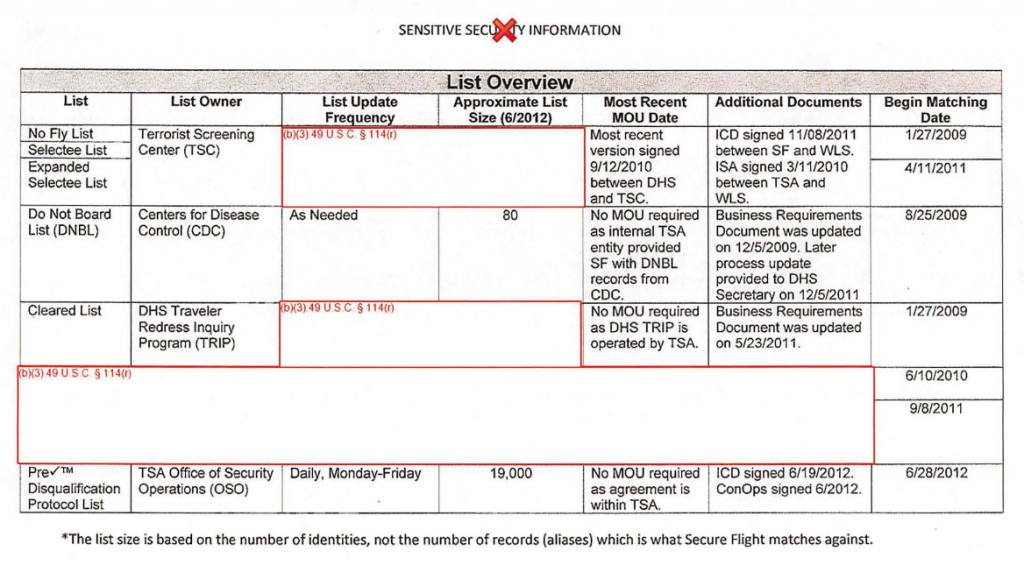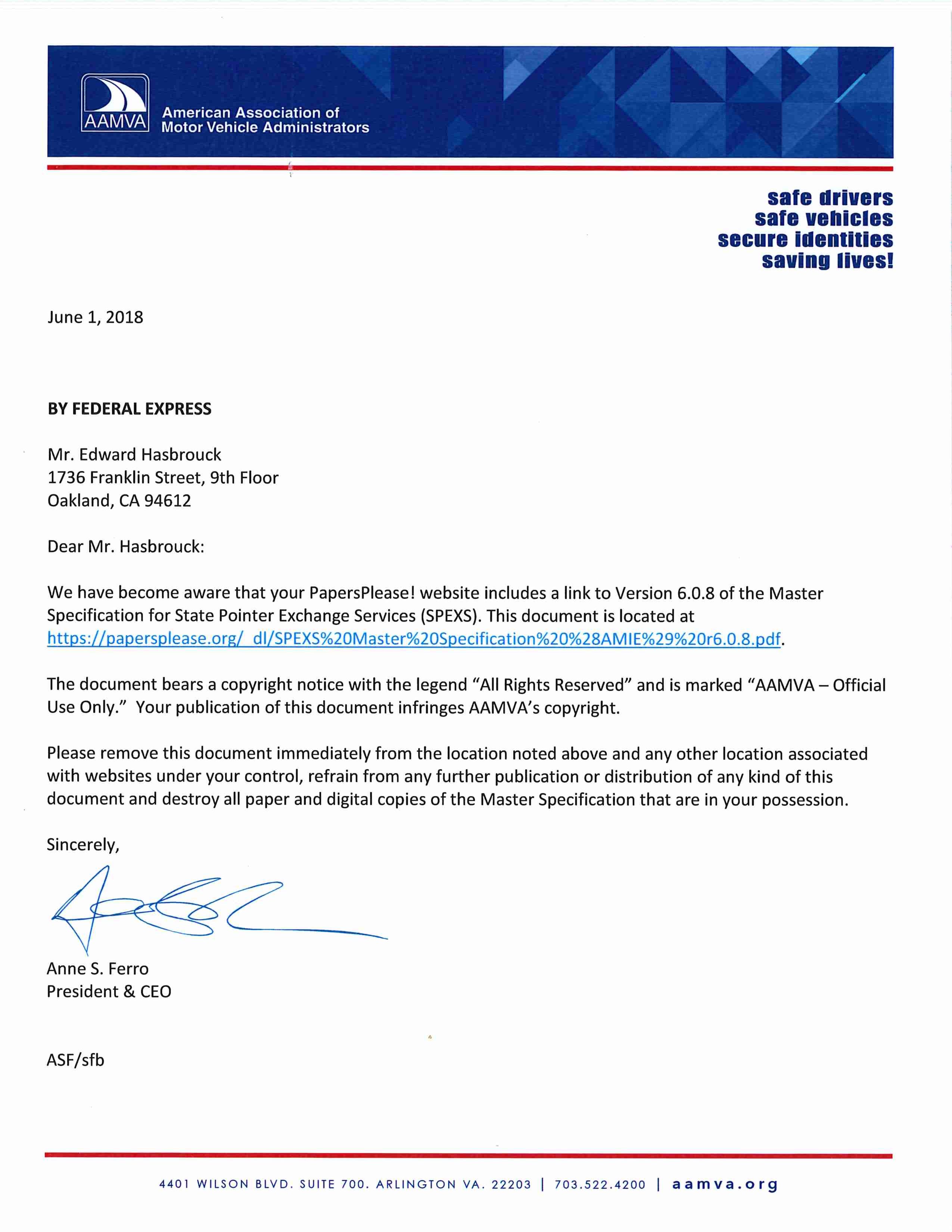What China calls “social credit”, the US calls “risk assessment”
A viral video of an announcement on a Chinese high-speed train and a series of reports (here and here) on NPR have prompted a surge of interest this week in China’s “social credit” system:
Dear passengers: People who travel without a ticket, behave disorderly, or smoke in public areas will be punished according to regulations, and the behavior will be recorded in individual credit information system. To avoid a negative record of personal credit, please follow the relevant regulations and help with the orders on the train and at the station.
Despite unwarranted comparisons to US financial credit scores, “social credit” scoring in China is used by the government and para-statal entities, not just private companies, and not just for financial decision-making.
One of the NPR stories as well as a report last month by the Australian Broadcasting Co. include interviews with people who discovered they were barred by the Chinese government from travel on high-speed trains as a result of “social credit” scores, regardless of their ability to pay for tickets.
Dystopian? Yes.
Unjust? Yes?
“It can’t happen here?” No.
It already happens here, every day, to everyone who travels by airline or engages in bank or credit card transactions.
You may not realize it until you are mysteriously unable to obtain a boarding pass or complete a financial transaction, but each of these activities is already subject to secret, permission-based, extrajudicial prior restraint by the US government.
The default is “no”. Since a little over 10 years ago, US Federal regulations have forbidden any airline from issuing a boarding pass unless and until it has sent the would-be traveler’s itinerary and identifying information to the DHS and has received back an individualized, per-passenger, per-flight, permission-to-travel message from the DHS. The DHS generates a secret “risk score” for each passenger, which determines how closely they are searched and questioned, whether the airline is instructed to call the police when they try to check in, and other aspects of how they are treated.
Even before airlines or banks get to the point of consulting the government, “carrier sanctions” and similar sanctions against financial institutions give them a financial incentive to err on the side of saying “no”, not “yes”.
You don’t have to be on a government blacklist for your air travel or financial transactions to be blocked by the US government or by airlines or banks acting at the government’s behest. There are multiple air travel blacklists (euphemistically and inaccurately called “watchlists”), but no-fly and transaction-processing decisions are also made in real time, on the basis of algorithmic “pre-crime” predictions (euphemistically and misleadingly called “risk assessments”, despite the lack of any evidence of a correlation between these scores and actual “risk”).
What China calls “social credit scoring”, the US calls “risk-based screening”.
Government blacklists and real-time pre-crime policing are being applied to control a growing range of activities of daily life. But air travel and financial transactions are the areas where the US government already has a fully deployed and operational real-time “social credit” system in which private service providers are seamlessly integrated with government agencies to surveil and control our everyday activities.
The question isn’t whether the US should have a “social credit” system — it already does — but whether it should be expanded to more aspects of our lives, or rolled back.
It can happen here. It is happening here. It will continue to happen here until we stop it.
China’s social credit system provides a useful object lesson in the three essential preconditions for a system of ID-based surveillance and control. We can block or impede the expansion of such schemes by undermining any of these three legs of the tripod:
- ID requirements to travel or engage in other transactions or activities — If you travel, pay, or act anonymously, your individualized “score” can’t be used to control you. China’s “social credit” system is enabled by requirements to show government-issued ID to open a bank or mobile payment account or purchase a SIM card. You can only rent a shared bicycle in China through an app, not by cash, and you can’t use the app without an ID-linked mobile phone and ID-linked payment account. So even if you travel around a Chinese city by shared bicycle, you can be tracked. Travel anonymously, and use cash or other anonymous forms of payment.
- Collection of ID-linked transaction and position data — Chinese “social credit” scores and US “risk assessments” are based on travel, movement, and transaction histories. Some of this data is collected through biometric identification, primarily automated facial recognition. Other data is “ingested” by the government from commercial databases such as travel reservations and financial transactions. Private companies can and should resist requests for this data, but can’t be counted on to do so. No airline, for example, has ever challenged government demands for warrantless access to the entirety of their reservation database, including free-text derogatory internal comments by front-line reservation and customer-service staff that are imported directly into permanent DHS files used for “risk” scoring. Once personally identified or identifiable data is collected, it’s almost impossible to resist demands for government access made in the name of “security”. Any data that is collected about you can and will be used against you. The only real way to oppose this mass surveillance is #DoNotCollect. Just say no to requests for information, for consent to search, or for sharing of data with the government.
- Government control of movement, activity, and transactions — A key step in the implementation of the “social credit” system for air travel was the installation (at a cost to the airline industry of at least US$2 billion) of the control lines that transformed a reporting (i.e. surveillance) system into a “pre-crime” control system. It’s critical to defend against having our Constitutional and human rights redefined as privileges to be exercised only by prior permission of the government — as the right to travel by common carrier has already been. Demand that restrictions on the exercise of rights be based on evidence-based court orders, not pre-crime fantasies.
As for the specific Chinese examples of travel by high-speed train, Amtrak, like the operators of Chinese trains, is a para-statal government-charterted corporation. In 2014, we made a FOIA request to Amtrak for records of Amtrak’s sharing of passenger data with the DHS and other law enforcement agencies. Amtrak has been releasing a trickle of responsive records, as we’ve been reporting. But Amtrak’s response remains incomplete, and this is now the oldest pending unanswered request in Amtrak’s FOIA queue.

